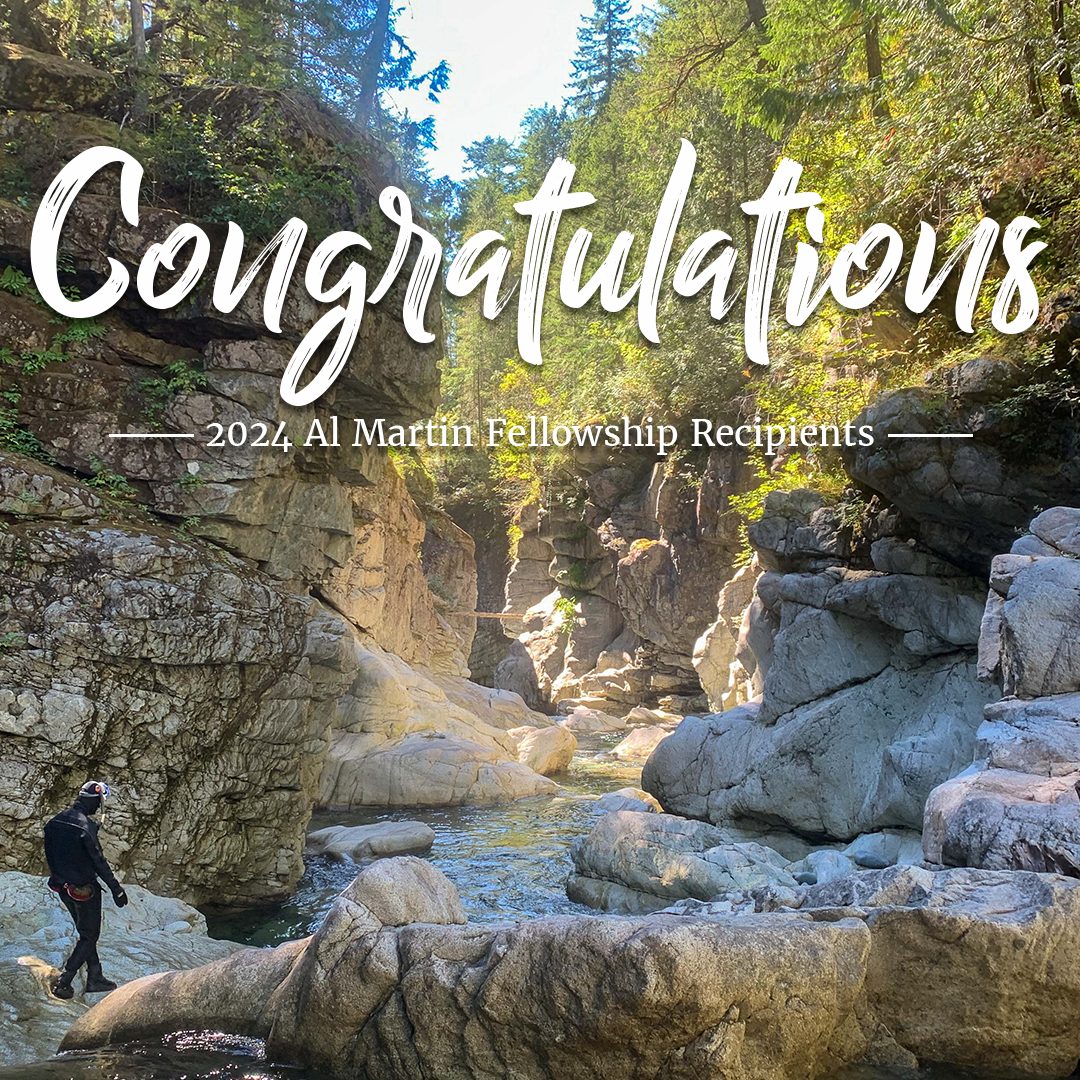HCTF and HCTF Education are proud to announce this year’s Al Martin Conservation Fellowship recipients: Adam Kanigan, Carlie O’Brien, and Tessa Rehill.
The Al Martin HCTF Conservation Fellowship supports graduate students aspiring to careers in fish or wildlife conservation and management in British Columbia. Each recipient is awarded a $10,000 scholarship to advance their research.
The fellowship honors Al Martin, a respected figure in conservation who began his career in 1977 as a biologist in Penticton, BC. Over the years, Al held key positions including Fisheries Manager, Director of the Watershed Restoration Program, Director of the Fish and Wildlife Branch, Executive Director, and Assistant Deputy Minister of Agriculture and Fisheries.
After retiring from BC public service, Al continued his leadership in conservation as Director of Strategic Initiatives for the BC Wildlife Federation and served on HCTF’s board. Though Al passed away in October 2019, his legacy of integrity, humor, and passion for preserving fish and wildlife habitats for future generations endures.
2024 Recipients
Adam Kanigan
Adam Kanigan is a Ph.D. candidate at the University of British Columbia, working under the supervision of Dr. Scott Hinch (UBC) and Dr. Nathan Furey (University of New Hampshire). Adam’s research is focused on predator-prey interactions between bull trout and sockeye salmon, and how such interactions between these species may be influenced by climate change.
Carlie O’Brien
Carlie O’Brien is an MSc student in the Wildlife and Ecosystem Bioindicators Lab at the University of Northern British Columbia working under the supervision of Dr. Heather Bryan in collaboration with the British Columbia Moose Research Group. She holds a Bachelor of Science degree with a specialization in Conservation Biology from Trent University.
Tessa Rehill
Tessa Rehill is an MSc student studying at the University of Victoria. Tessa’s study is investigating urchin distribution and control methods to help revive threatened kelp forest ecosystems in BC. In the underwater seascapes of the North Pacific, kelp forests serve as critical habitats for a diversity of marine life, including important fish, like salmon and herring. Tessa’s study aims to map urchin distributions and test different strategies to mitigate herbivory to achieve targeted and enhanced kelp forest restoration and conservation.










